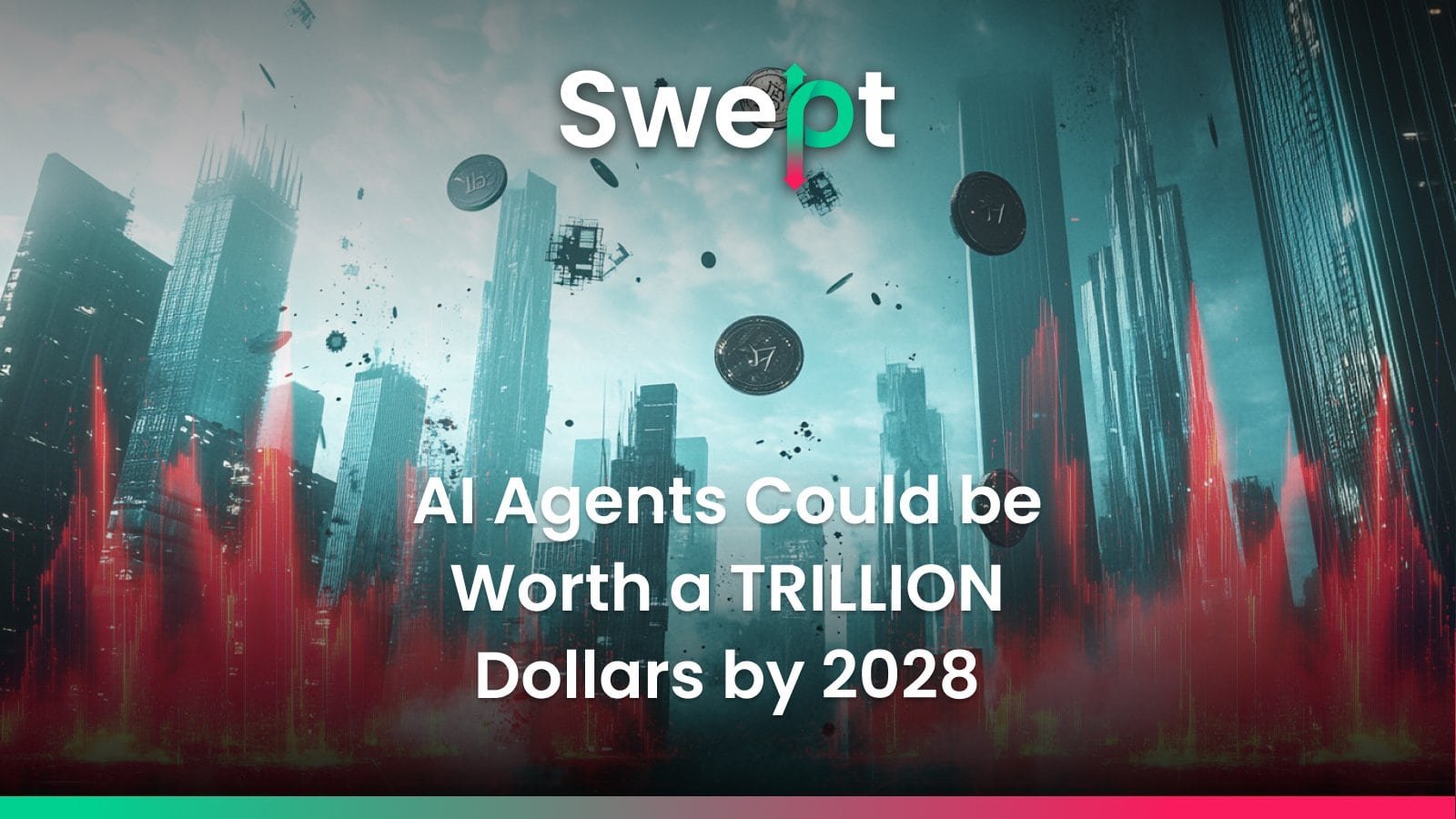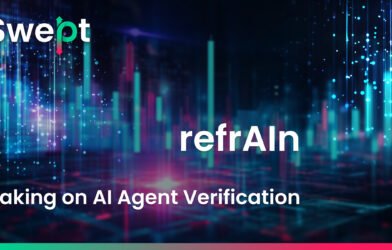A recent report by Morgan Stanley outlined how the agentic AI space could drive a nearly trillion-dollar market before the decade is up.
The report, titled “AI Agents Knocking at the Door,” outlines how these intelligent agents are poised to revolutionize enterprise software and digital workflows by replacing human decision-making in increasingly complex processes.
From Theory to Market Traction
AI agents are more than just chatbots. As defined by Morgan Stanley, they are autonomous software entities capable of planning, adapting, and executing multi-step tasks using tools, memory, and real-time data.
Unlike static AI models, these agents are designed to operate across workflows and systems, gradually transforming how businesses handle operations, customer service, and decision-making.

Conservatively, the market currently sits at around $6 billion (in narrow AI automation terms) and could grow to $20 billion by 2028. However, in a broader framework that includes system-wide automation and SaaS integration, the opportunity swells to $102 billion. And in the most expansive view, which covers the entire software application layer, Morgan Stanley sees a path toward a trillion-dollar valuation.
Winners: Cloud Giants and AI Builders
Unsurprisingly, the hyperscalers—Microsoft, Amazon AWS, and Google Cloud—are projected to capture the lion’s share of value due to their dominance in compute infrastructure. Model builders like OpenAI and Anthropic also stand to benefit heavily, especially as they roll out agent-centric SDKs and platforms.
Other likely winners include companies in:
- Workflow automation (e.g., ServiceNow, Atlassian)
- Data infrastructure (e.g., Snowflake, Palantir)
- Security and governance (e.g., Okta, Cloudflare, CyberArk)
Pricing Models Still in Flux
Morgan Stanley highlighted a wide variance in pricing strategies, ranging from per-agent subscriptions and token-based usage (OpenAI, Anthropic), to outcome-based pricing (Zendesk, Sierra), and hybrid models (Salesforce’s Agentforce).
Pricing will become a defining factor for adoption, especially as enterprise budgets weigh ROI against compute cost.
Outlook: A Web3 Opportunity?
Although the report centers on enterprise AI, Web3 builders should pay close attention. Platforms like Virtuals and on-chain compute providers could benefit as decentralized agentic systems scale—particularly if cloud-based agents become tokenized and traded on open marketplaces.
In short, the agentic era is arriving fast, and it’s bringing both massive opportunity and fierce competition.













AI Energy Crisis: The $2T Power Problem Electrifying The Future Of Compute — Swept Media
[…] AI Agents May Fuel a […]
Sogni & Prodia: Which GenAI Image Generator Leads The Pack? — Swept Media
[…] in fidelity and control.As these platforms rise in prominence, their contribution to the projected $2T+ market size of AI technology before the end of the decade will become more outsized.However, these platforms […]